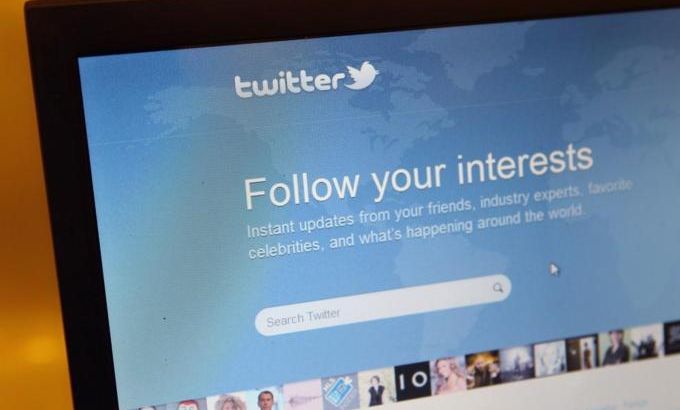
Should there be limits on social media?
In a week marked by controversy over Twitter posts, we ask who should control content on social media.
In a week in which a 17-year-old was arrested for writing offensive tweets about an Olympic diver, a Greek triple jumper was sent home from the Olympics after tweeting racist comments and an English footballer is being investigated by the Football Association for comments made on his twitter account, we ask: Should there be limits to what we tweet or post on Facebook and, if so, who decides what the limits are?
|
“What we must remember is that there is no, anywhere in the world, absolute right to freedom of speech. Every country has some restrictions.“ – Stuart Hyde, spokesperson for the Association of Chief Police Officers on E-crime Prevention |
Social media has changed the way we seek information and share it. The tweet and the blog are relatively new forums in which can say what we want, where we want and when we want.
Keep reading
list of 4 itemsCould shipping containers be the answer to Ghana’s housing crisis?
Are Chinese electric vehicles taking over the world?
First pig kidney in a human: Is this the future of transplants?
Social networks like Twitter and Facebook give anyone, anywhere a forum for their thoughts and comments and these networks have created a new way to organise, introducing a new dynamic in political exchange.
But controversy has raged over Twitter this week following the arrest of a man over an offensive tweet directed at Olympic diver Tom Daley.
And, in another incident, a newspaper reporter had his account temporarily suspended after angrily tweeting the email address of an NBC TV executive in protest at what he considered its inferior Olympics coverage. Publishing private information is a violation of Twitter’s terms of use, but in this case Twitter executives admitted making a mistake as the email address was already available online, and reinstated the reporter’s account.
|
“What we’re seeing is that people’s everyday lives are being blended between the online and the off line. So in the same way that we would expect local law enforcement to be policing our streets and our neighbourhoods, I think it’s reasonable at some level to expect the police to be being involved in what is taking place in social media ….“ – Scott Golder, a social media and internet researcher at Cornell University |
But while mainstream media is limited in what it publishes by libel, contempt and decency laws, social media is largely not. How or if it should be policed is a question yet to be answered.
And if a clampdown were to be implemented would it be a threat to freedom of speech, a denial of the unfettered access to information and comment envisaged by those who developed the World Wide Web?
In January, Twitter introduced a new technology so that it can censor messages on a country by country basis. Many critics argue that this move has serious implications for freedom of speech.
The accusation by some is that Twitter is intent on avoiding blockage by any country so that it can continue to widen its user base and make more money.
Others claim attempted political influence on Twitter, pointing to the acquisition of a huge block of shares by a Saudi prince during a time of heightened social unrest in Saudi Arabia at the end of last year.
So, should there be limits on social media? And, should it be a police function to control content on social media?
Joining Inside Story to discuss this are guests: Scott Golder, a social media and internet researcher at Cornell University; Jillian York, the director for international freedom of expression at the Electronic Frontier Foundation; and Stuart Hyde, the chief constable of Cumbria police and spokesperson for the Association of Chief Police Officers on E-Crime Prevention.
|
“The same laws that apply offline should apply online as well …. What we’ve seen over the past few years with Twitter being used as tool of protest, or with Facebook being used to organise in local communities, not just for revolution necessarily but for local organising, for small change, I think we are looking at an ultimately positive tool. And of course we should take responsibility for our actions on these sites and police ourselves, but I do think that in large part these are positive things.” Jillian York, the director for international freedom of expression at the Electronic Frontier Foundation |
SOCIAL MEDIA SECURITY:
- A British teenager was arrested over Twitter abuse of British diver Tom Daley
- Tweeting offensive messages can be a criminal offense in the UK
- London Olympic fans were told not to tweets during events
- Twitter has a new censor policy planned for specific countries
- Twitter introduced a new technology so that it can censor messages on a country by country basis
- Twitter has more than 100 million users worldwide
- Facebook, the world’s largest social network has 750 million active users
- Protesters continue to use social media during Arab Spring uprisings
- The top three countries on Twitter are US, Brazil and Japan
- Twitter seeks to expand into more countries